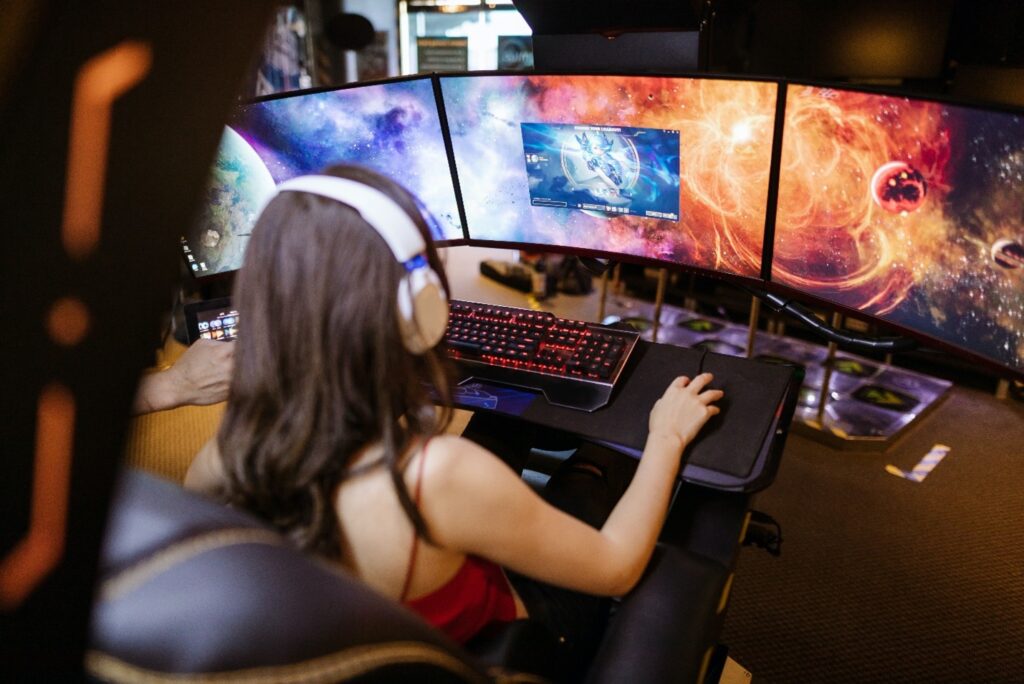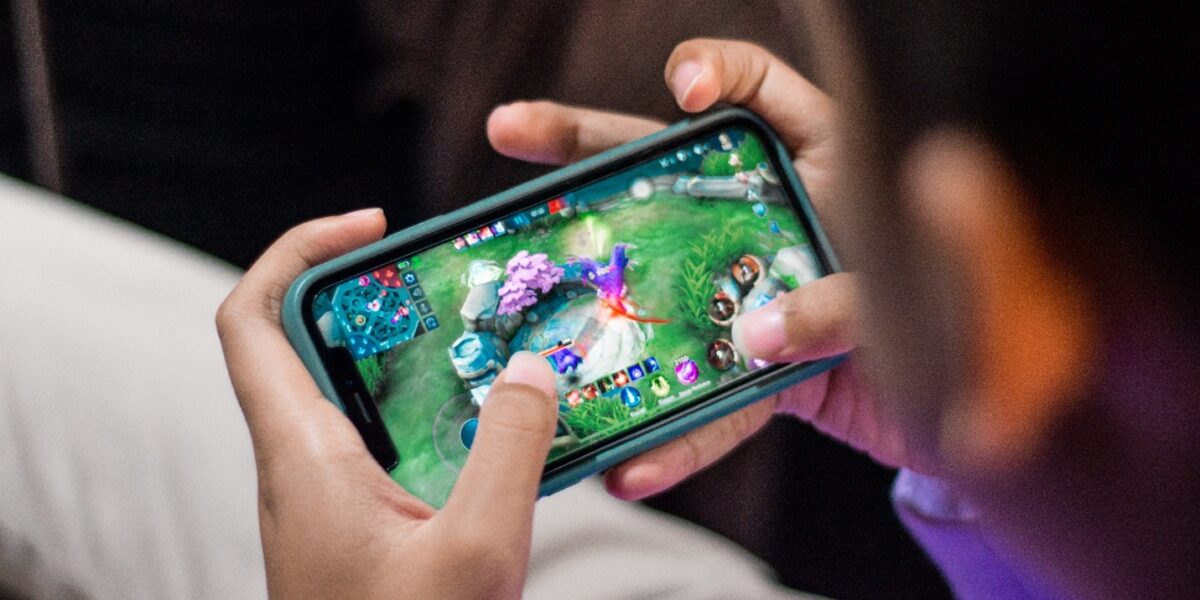In the not-so-distant past, the world of gaming was ruled by consoles and PCs, where gaming prowess was measured in gigabytes and graphics cards. But hold on to your joystick, because in recent years, we have witnessed a tremendous shift as mobile gaming has gained so much momentum, and guess where the craze is hitting hardest? Yep, you guessed it: Asia!
Mobile Gaming: A Natural Fit to Gamers’ Cost-Effective Mindset
The meteoric rise of mobile gaming in Asia owes much of its success to its low cost, thanks to both the free-to-play model and the low acquisition cost of smartphones. Asian gamers exhibit a distinctive reluctance to part with their hard-earned money for a game they’ve never experienced—a trait deeply ingrained in the region’s gaming history and culture.

However, as the gaming landscape shifted towards consoles, a different narrative unfolded. Game piracy became widespread, with a substantial number of gamers obtaining titles through pirated copies on their Xbox 360s or PSPs. The trend further fueled the cost consciousness among Asian gamers, which made budget-friendly gaming devices and free-to-play games an ideal pairing.
The rise of mobile gaming seamlessly integrated with these established behavioral patterns. Many mobile games adopted a free-to-play model, perfectly aligning with the preferences cultivated during the PC and early console gaming eras.
Mobile Gaming Mania: Fun in Compact Spaces and Rapid Routines Across Asia
The mobile gaming craze in Asia’s developing nations isn’t just about saving bucks—it’s about accessibility too.
In Asia’s densely populated cities, small floor plates are nothing new. Starting in Japan, with limited space to build, developers have resorted to building smaller apartments to accommodate the growing population. The trend that’s caused by the rapidly growing population quickly expanded to mainland China, Hong Kong, South Korea, and now to Southeast Asia. With compact accommodations and often with large families, the TV in the living room is frequently shared with parents or kids, making console gaming less practical and less popular, and making accessible mobile gaming the go-to choice for individual entertainment.

Another key driver of mobile gaming is the rapid development of 5G networks. As lightning-fast 5G connectivity became ubiquitous, it erased lag and connectivity issues that used to haunt online gaming. Now, gamers can immerse themselves in gaming experiences whether they’re at home, on the go, or somewhere in between. What’s more, mobile gaming helps Asian gamers make the most of fragmented time. Daily commutes and queues are woven into the fabric of life. Powered by 5G, mobile games offer quick gaming that seamlessly fits into these moments, a sharp contrast to PC and console gaming’s demands for dedicated time and space.
Mobile Gaming’s Allure for Developers and Capital Investment
As if that weren’t enough, take a look at the supply side. The mobile gaming scene in Asia is a hotspot for game developers and investors, and here’s why: developing mobile games is not only cost-effective but also quicker compared to high-end PC or console titles. The financial advantage of mobile game development has lured big players like (PUBG Mobile), NetEase (Onmyoji), and ByteDance (Mobile Legends: Bang Bang) into the game, a less crowded arena compared to the unpredictable PC and console markets.
The vastness of mobile gaming in Asia gave birth to the diversity of game genres and themes for everyone. Whether you’re a speed demon, fantasy enthusiast, or strategic mastermind, you’ll find the perfect game and community to explore and connect.
Conclusion
In our journey through the thriving realm of mobile gaming in Asia, we’ve explored three compelling factors behind its meteoric rise: its cost-effective nature, its seamless integration into the rhythms of compact living spaces and busy routines, and its magnetic pull for developers and investors.
As we stand at the forefront of this gaming revolution, one question emerges: How will the rest of the world adapt to the mobile gaming craze? Will Asian gamers continue to embrace the convenience and accessibility of mobile gaming, or might there be a resurgence of interest in console and PC games?


